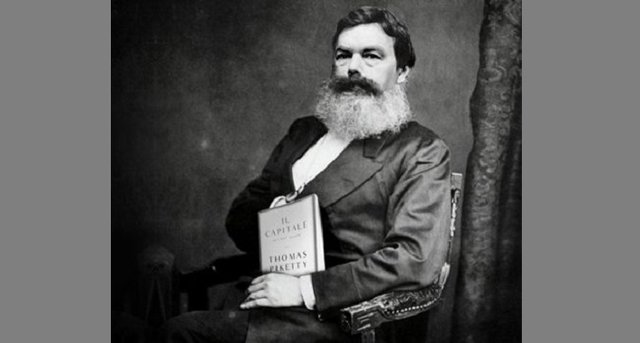Having read both Capital Vol I and Capital in the 21st Century, all I read out of this is that the author is upset that Pickety didn't use Marxist analysis, which like... of course he didn't? He's not a Marxist and his project is fundamentally different: to show this system is self-defeating and headed for crisis, within its own logic of modern bourgeois economics. If you don't like his definition of capital, well, ctrl-f and replace the word with something else and keep reading. Put him in his context and you can still get quite a bit out of his book.
What Pickety is great for is radicalizing nerds or other people that can appreciate his massive data sets.
What Piketty is bad in is to describe how the system is created. He uses plenty of data to argue about iron laws which aren't iron laws, but just some historic similarities which do not hold true in different conditions or states of the financial system or the system of political economy.
Yeah you're right, and I'd also make the same critiques of Marx in a lot of cases.
-IC: Can you talk a little bit about the effect of Marx on your thinking and how you came to start reading him?
-TP: Marx?
-IC: Yeah.
-TP: I never managed really to read it. I mean I don’t know if you’ve tried to read it. Have you tried?
-IC: Some of his essays, but not the economics work.
-TP: The Communist Manifesto of 1848 is a short and strong piece. Das Kapital, I think, is very difficult to read and for me it was not very influential.
-IC: Because your book, obviously with the title, it seemed like you were tipping your hat to him in some ways.
-TP: No not at all, not at all! The big difference is that my book is a book about the history of capital. In the books of Marx there’s no data.
Doesn't read beyond the manifesto, pretends to have read Capital, claims Marx uses no data. Truly, bourgeois economist.



